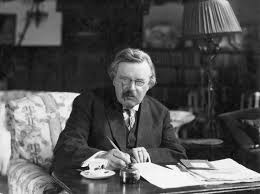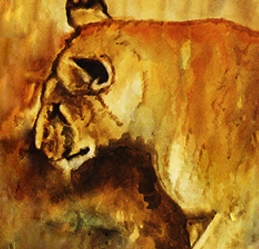Submission
Since to my smiting enemy
Thou biddest me be meek,
Lo, gladlier, my God, to Thee
I turn the other cheek.
Love’s Autograph
Once only did he pass my way.
“When wilt thou come again?
Ah, leave some token of thy stay!”
He wrote (and vanished) “Pain.”
Pain
I am a gardener to weed
And dig about the heart:
To plant therein the pregnant seed,
And watch, with many a smart,
The stem and leaf and blossom rise,
Alternate to supply
The victims for the sacrifice,
And, for the fruit, to die.
Angels of Pain
Ah, should they come revisiting the spot
Whence by our prayers we drove them utterly,
Shame were it for their saddened eyes to see
How soon their visitations are forgot.
The Sphinx
Ah, not alone in Egypt’s desert land
Thy dwelling-place apart!
But wheresoe’er the scorching passion-sand
Hath seared the human heart.
For a recitation, click the play button:
[soundcloud url=”https://api.soundcloud.com/tracks/122749774″ width=”100%” height=”166″ iframe=”true” /]“Submission”: Father Tabb, p. 200; Poetry, p. 354. Undated. To smite is to strike or hit. The poem alludes to Matthew 5:39.
“Love’s Autograph”: Poems, p. 126; Poetry, p. 357. September 1892. The second and third lines are spoken by the poet; in the first and last lines, he is Love.
“Pain”: Lyrics, p. 25; Poetry, p. 145. January 1895.
“Angels of Pain”: Poems, p. 99; Poetry, p. 352. 1894.
“The Sphinx”: Poems, p. 134; Poetry, p. 359. September 1892. A sphinx is a mythological creature, a reclining feline with a human head. The Great Sphinx of Giza, in Egypt, is the greatest and most famous of sphinx statues, and is often called merely The Sphinx. Because of its unknown origin and purpose, it has become a symbol of ineffable mystery; it is a symbol of strength and wisdom, too, having withstood the Egyptian desert for thousands of years.


